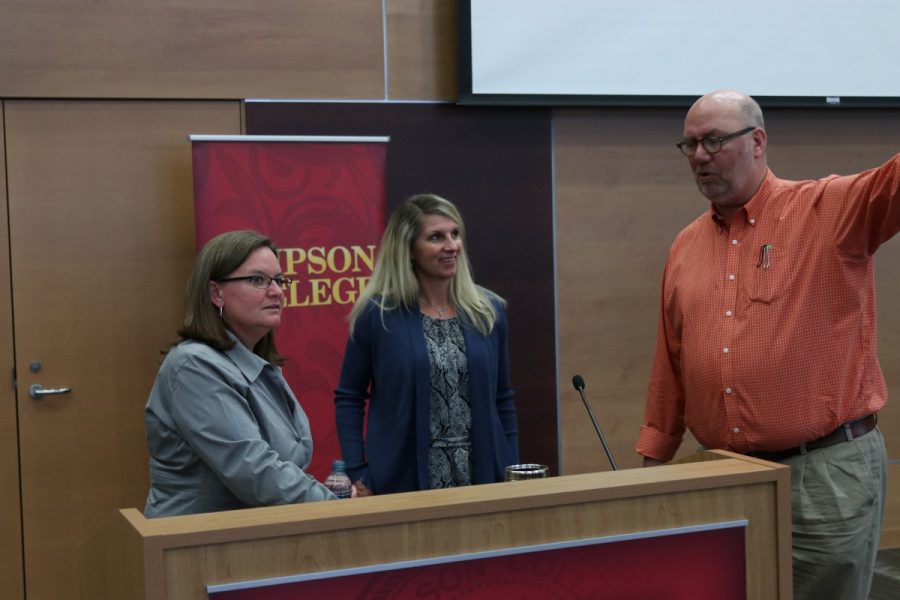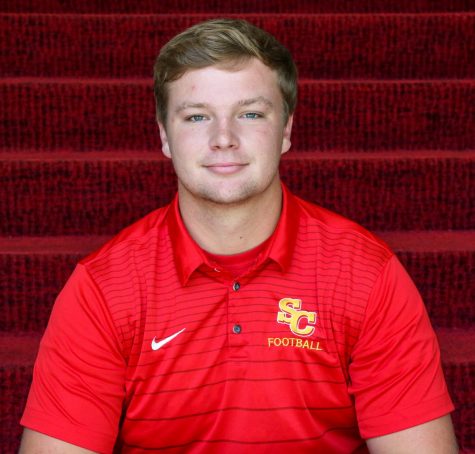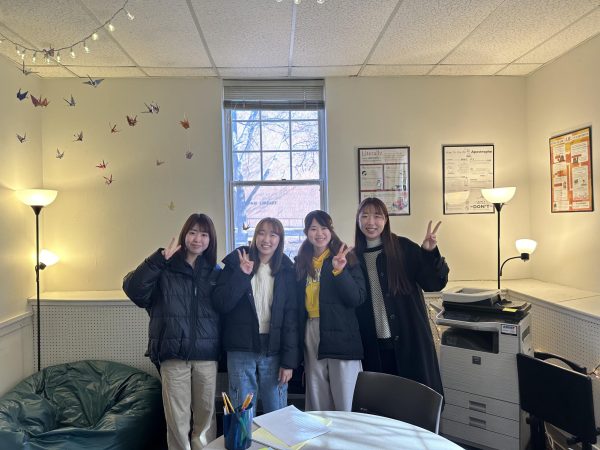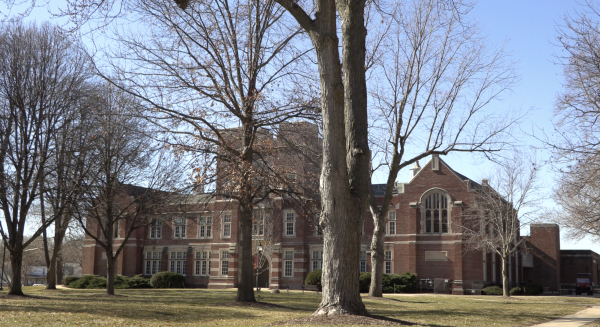Women have a place in sports media, guest speaker says
April 5, 2018
Roughly 50 students and faculty members came to Hubbell Hall on March 28 to listen to guest speaker Molly Yanity speak about women’s sports and the treatment of women in media.
Yanity is a former assistant editor for the Women’s National Basketball Association’s website and is currently a professor at Quinnipiac University in Connecticut. Her presentation is one of many events held at Simpson recognizing Women’s History Month.
Many students enjoyed listening to Yanity share her insight and experiences.
“I thought that it was really important to draw attention to the discrepancies between men and women’s sports coverage,” said junior Katrina Hartman said. “It was just really moving, and she really brought up a lot of statistics that I wasn’t aware of.”
The main topic of discussion was the lack of national attention paid to women’s sports.
In a study Yanity displayed, SportsCenter devotes under 3 percent of its program time to women’s sports.
“Here’s the thing that I always hear,” Yanity said. “Women’s sports is boring and people just don’t want to watch it. If there’s no market for it, we’re not gonna pump money into it.”
According to Yanity, this is far from the truth. Media outlets such as Sports Illustrated and ESPN can make money off women’s sports, yet they choose not to due to certain demographics the companies are trying to reach.
Media outlets can gain a broader audience by telling an athlete’s story, something that can be used for women’s sports as well. Yanity said this is important in college media as well, especially at colleges such as Simpson.
“In schools like this, it doesn’t matter the sex of the athlete,” Yanity said. “We’re going to cover these because they’re in our community.”
Along with this notion, Yanity shared her thoughts about what needs to be done for women in sports media moving forward.
“Some people are going to say that we need more women in sports media, and I agree with that,” Yanity said. “But I think we also need women in management, decision-making positions. We need men to get on board, and we need them to behave better.”
While there are problems with women’s sports media, Yanity has hope these problems will start to disappear if they are addressed.
“I really think that when we have the power to look at things in ways that are important to us personally and societally, slow as it might be, they’ll change,” Yanity said. “So long as we are literate about it, and we think critically about it and we don’t let the same narratives play out over and over again.”

















